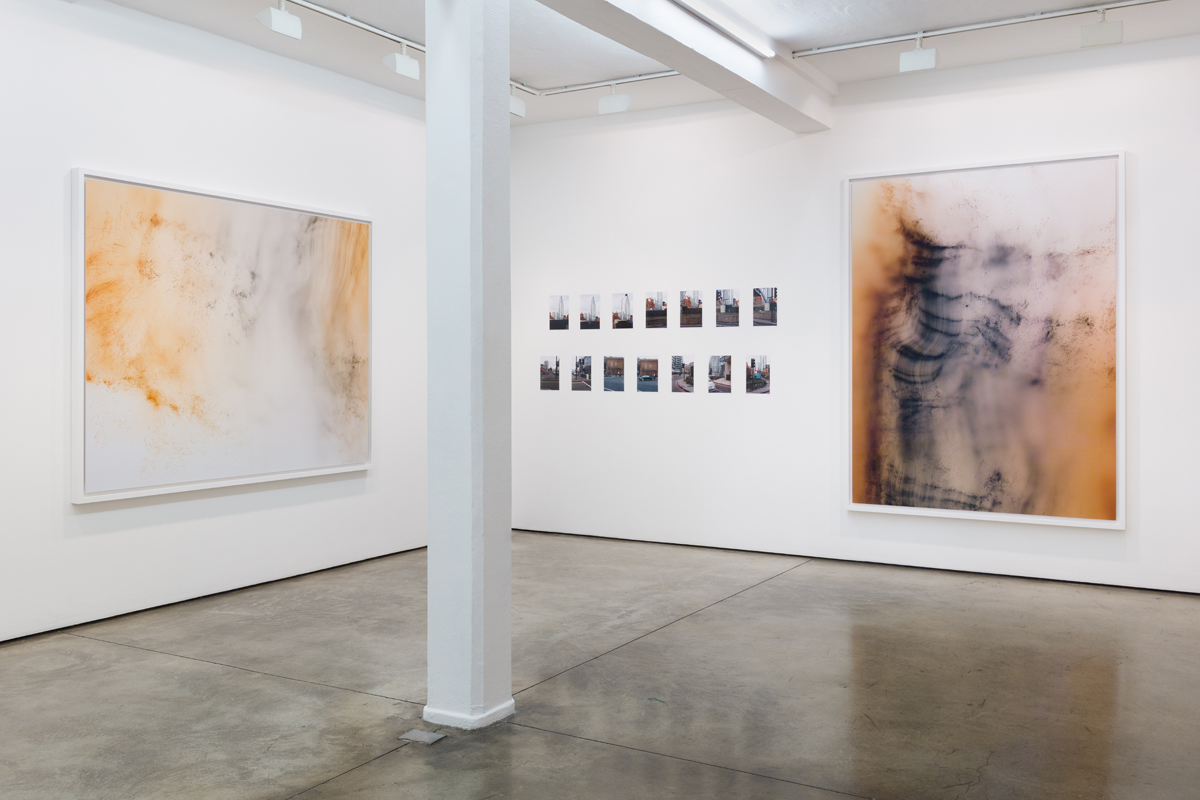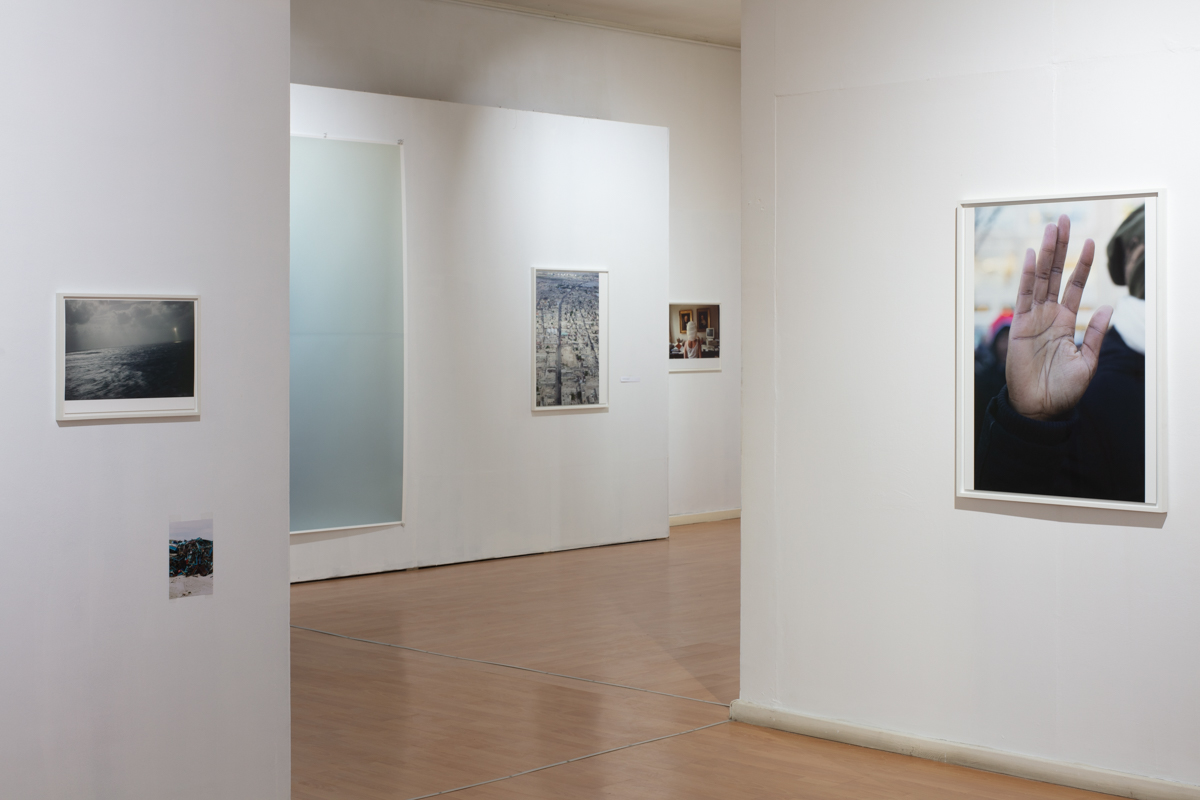WOLFGANG TILLMANS
Both images from Wolfgang Tillmans, Maureen Paley, London, 5 June - 21 July 2019.
Self-Sufficient Images: Art, Media and Ecologies in the Works of Wolfgang Tillmans
Abstract by Sara R. Yazdani.
In a conversation between the German artist Wolfgang Tillmans and curator Hans Ulrich Obrist which took place in the artist’s London studio in 2007, Obrist points out that Tillmans tends toput an “equal emphasis” on the single picture, as well as on the “complex groupings and installations” of images. Tillmans agrees, emphasizing that he treats his images as “self-sufficient entities.” Assisted by various media technologies, the artist has compiled an archive of images that today consists of more than 4,000 works. When organizing these works in books and galleries and museum spaces, Tillmans performs what the present study sees as a unique way to put images into constellations. If Tillmans’ images are, as he claims, “self-sufficiententities,” how is this self-sufficiency negotiated in his works? What is the relation between his larger constellations of images and the concept of the self-sufficient image? These are the crucial questions investigated in this dissertation.
The dissertation investigates what I see as three significant stages in the artistic work of Tillmans: First, his use of the digital photocopier in the 1980s work Approaches and the 1994 exhibition Sonne München, second, his turn to abstraction and the paradigmatic exhibition if one thing matters, everything matters at Tate Britain in 2003, third, his move to the digital camera with the project Neue Welt in 2009. Through a close reading of the materiality as well as the motifs of his images, I suggest that his works should be interpreted not as mere representations but as types of beings. Through the optics of the process ontologies of Gilbert Simondon and Gilles Deleuze, and the media archaeology of Wolfgang Ernst, I discuss howTillmans’ mode of constellating images reveals a relational conceptualization of photography as the medium enters the digital—a conceptualization attuned to what this study defines as an image ecological practice. Historically contextualizing Tillmans’ practice with reference to artworks from the 1920s and 1960s which have explored visual art in comparable relational terms, the dissertation discusses how Tillmans’ practice creates relationships between bodies, technologies, nature and things. I argue that this practice brings forth questions of sexuality, bodies, homoeroticism, nature, the HIV crisis and xenophobia in ways that challenge identity politics, subject-object dualism and the anthropocentric world-view. This dissertation suggests that to trace the “self-sufficiency” of Tillmans’ photographic art involves a rethinking of the materiality of photography.

